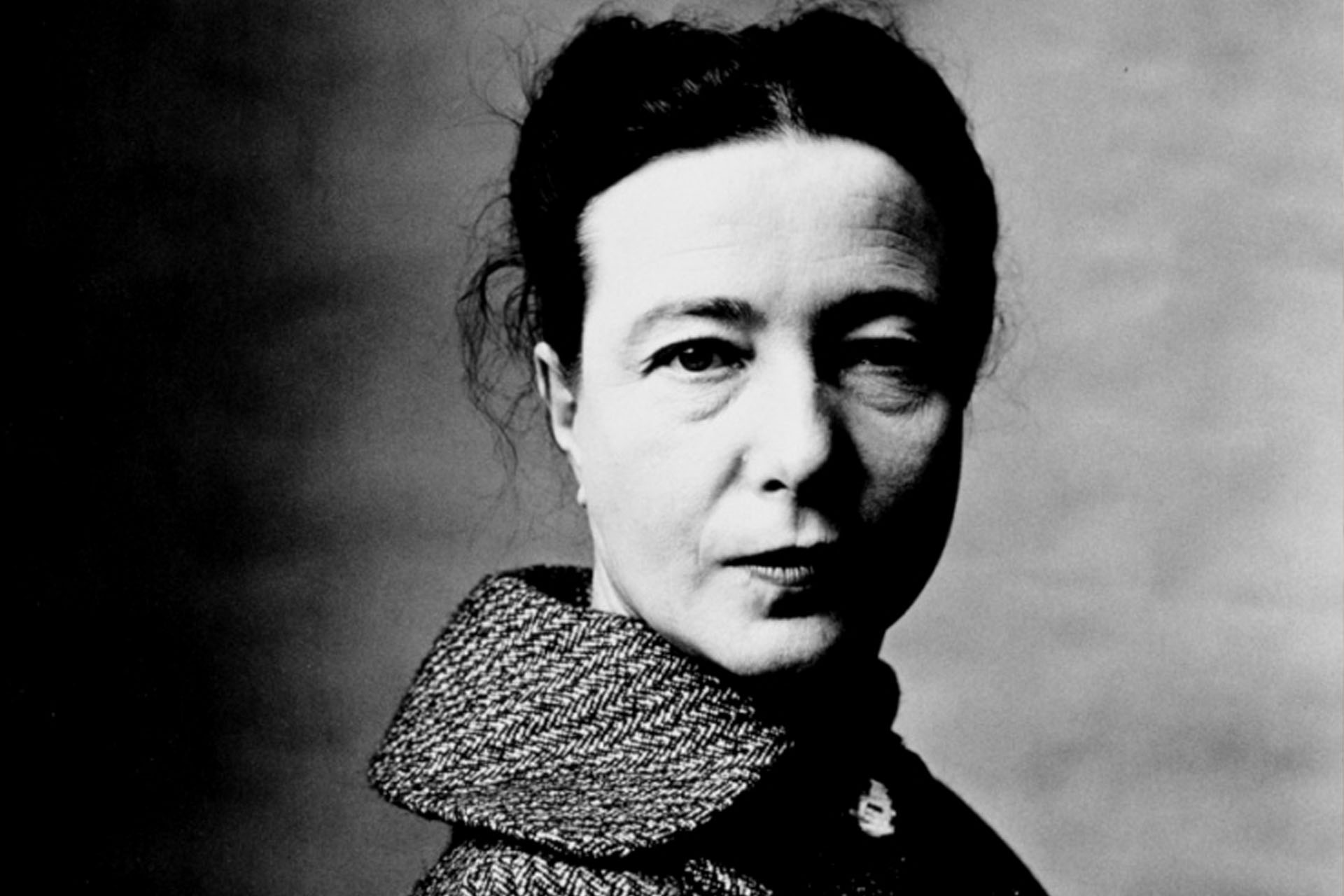
In celebration of International Women’s Day, final year BA (Hons) Philosophy student, Emily Carter, has written an ode to French writer and philosopher, Simone de Beauvoir.
By Emily Carter
Simone de Beauvoir is most well known for her declaration in The Second Sex: ‘One is not born rather becomes a woman,’ and she is certainly an inspirational figurehead for women today. In her early life, she rejected the idea that she was simply being educated to be a good woman, a companion to men. Simone was inspired to educate herself, for herself, and read preciously.
She pushed the limits for what a woman could be seen to do in society in the 1920s and developed her philosophical knowledge, applying to the prestigious French university the Sorbonne where she had to compete against many male contemporaries including Jean Paul Sartre, for her right to a philosophical education. After studying at the Sorbonne, she began to teach at a local college and lectured her students on diverse authors challenging the conventional reading lists. In 1941, she was dismissed from her post by the occupying Nazi forces due to her teachings on pacifism and feminism. Her experiences in the war had a profound impact on her philosophy and despite this adversity, she became an existentialist philosopher who wrote many books and philosophical treatises on ethics, the situation of women, freedom, and ambiguity.
Beauvoir’s novels drew on her experiences of love, and resistance in World War II. Her first novel was She Came to Stay, published in 1943. In 1946 she published my all-time favourite novel, All Men are Mortal, where she discusses the problems of immortality through the character Fousca. Fousca complains of being alone in the world, being the only one who must suffer loving people again and again only for them to die. Her autobiographies and works of literature appear to comment on and add depth to her philosophical works.
The Second Sex, written in 1949, draws some inspiration from the feminist movement and analyses the condition of women in society as not natural or essential but socially defined. Women worldwide have now read Beauvoir’s work; it sold around 22,000 copies in a week and it has since been translated into 40 different languages. Women and men wrote to her asking for advice on their personal crises, failed marriages, abortions, and sexuality. This bond with her readers continued throughout her lifetime and people still write to her to this day, leaving their notes at her grave at the Montparnasse cemetery in Paris.
Her inclusion in International Women’s Day, in one sense continues to connect and bond her to her readers. Yet, she would have questioned the category of International Women’s Day, as although meaningful, it in a way mystifies the reality of female oppression. As, women are still being oppressed worldwide, they do not have equal access to education, work, or free control of their bodies.
Beauvoir was, and still is, an inspirational woman in my life and the lives of many others. She challenges us to act, we have the choice to change our situation and to realise the oppression women face, today.
By Emily Carter
IMAGE CREDIT: IRVING PENN




